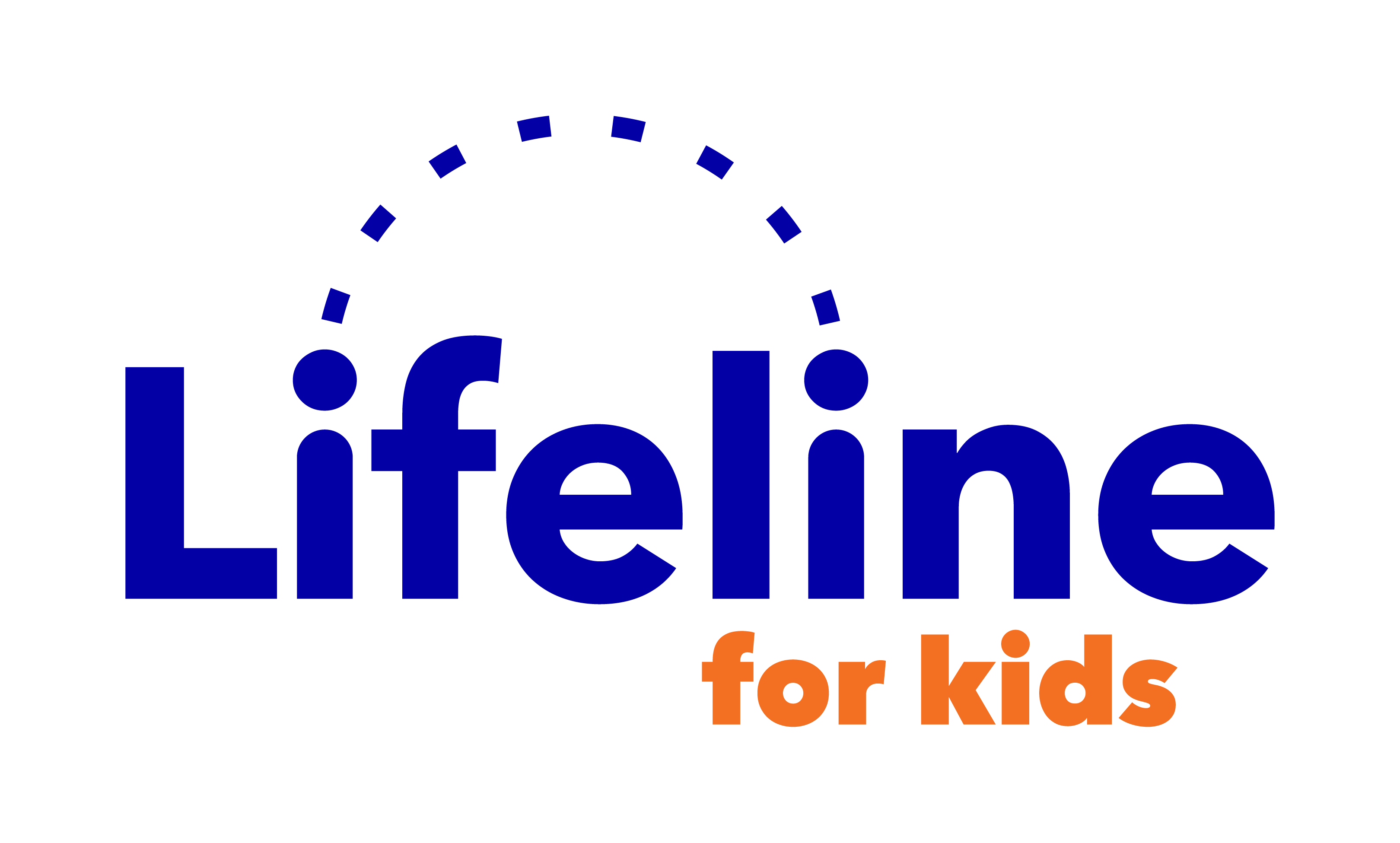Trauma-Informed Care Trainings for Law Enforcement and Legal System Professionals
We offer online and in-person trauma-informed care trainings for criminal justice professionals, including those who work in law enforcement and court systems. We invite you to select a topic or customize a course for your needs.
Schedule a Trauma-Informed Care Training
For questions, pricing information or to book a training, email LifelineforKids@umassmed.edu.
Trauma-Informed Training Topics for Law Enforcement and Court Systems
- Introduction to Understanding Trauma
- Now What Do I Do? Responding to Children Who Have Experienced Trauma
- Seeing Beyond the Behavior: Practical Ways to Address Trauma in the Legal System
- Burnout and Secondary Trauma
- Trauma and Its Impact on Development
- Trauma’s Effect on Youth and the Consequences
- Wired for Connection—Loneliness and Trauma
- Customizable training based on setting-specific needs assessment
Introduction to Understanding Trauma
Description: This training provides a general overview about the concept of trauma and its impact on development. The training starts with:
- The definition of trauma
- Types of trauma
- The ACE study, describing the connection between traumatic experiences and physical and mental health consequences
We also discuss the:
- Link between some behaviors we see among youth in the juvenile justice system and strategies professionals can use to avoid re-traumatizing youth
- Neurobiology of trauma and how adverse experiences can impact the brain and body of the child
- Concept of resiliency and strategies to implement trauma-informed care values
Now What Do I Do? Responding to Children Who Have Experienced Trauma
Description: This trauma training provides criminal justice professionals working in the court system and law enforcement with practical strategies to manage the behavioral and emotional impact of trauma on children. The training uses the framework of Safety, Connectedness and Regulation. This framework helps illustrate various strategies that professionals can use to:
- De-escalate challenging behaviors
- Understand emotional reactivity
- Establish a sense of psychological safety
Examples of strategies include how to:
- Be an emotional container
- Use relaxation strategies, routines, reassurance and regulation techniques
The training also includes a case vignette of youth in the juvenile justice system. Participants will be able to identify the connection between traumatic experiences and trauma reactions.
Seeing Beyond the Behavior: Practical Ways to Address Trauma in the Legal System
Description: Many youth who are part of the legal system have experienced violence or other traumatic events. Therefore, it’s important for legal professionals to be able to recognize and understand trauma’s impact on court participants to implement successful interactive strategies.
This training starts with a general overview of trauma, looking at how behaviors among court-involved youth might be strategies or adaptations to cope with past trauma. The training provides specific examples of cases as well as practical strategies to implement elements of trauma-informed care into judicial practices.
Burnout and Secondary Trauma
Description: Levels of burnout among legal professionals are significantly high, considering significant post-pandemic changes combined with pre-existing systemic issues. The goal of this training is to provide an overview on burnout and related terms, helping legal professionals to identify their own warning signs and symptoms. The training alsoaddresses the impact of burnout and secondary traumatic stress both at an individual and organizational level.
The second part of the training focuses on practical strategies that professionals can implement. These strategies will help them identify burnout, buffer its impact and increase well-being.
Trauma and Its Impact on Development
Description: In this training, we provide a general overview of the concept of trauma and specific impacted domains of development. The training illustrates several areas of development, with specific examples on how trauma affects:
- Attachment
- Behavioral control
- Biology
- Cognitions
- Dissociation
- Emotional regulation
- Sense of self
We use examples and case vignettes to describe how trauma looks developmentally. We also provide strategies to deal with trauma reactions.
Trauma’s Effect on Youth and the Consequences
Description: This training emphasizes the impact of trauma on youth development and on the behavioral consequences that professionals see in the criminal justice system. The training provides a general overview of trauma and helps legal professionals understand youth behaviors as coping strategies rather than character flaws or mental health symptoms. The training also provides an opportunity for participants to apply strategies that can promote recovery and reduce recidivism.
Wired for Connection—Loneliness and Trauma
Description: This training illustrates:
- The concept of social isolation
- Its dimensions
- Who suffer the most from social isolation, with special emphasis on children
The training describes the consequences of loneliness/social isolation in terms of:
- Social relationships
- Unhelpful coping strategies (smoking, physical inactivity, etc.)
- Well-being
The second part of the training describes strategies to address loneliness and trauma in children, including:
- Providing psychological safety
- Mentalizing
- Establishing safe and predictable relationships
We also introduce ideas on how professionals can take care of themselves to better help the children they work with.
